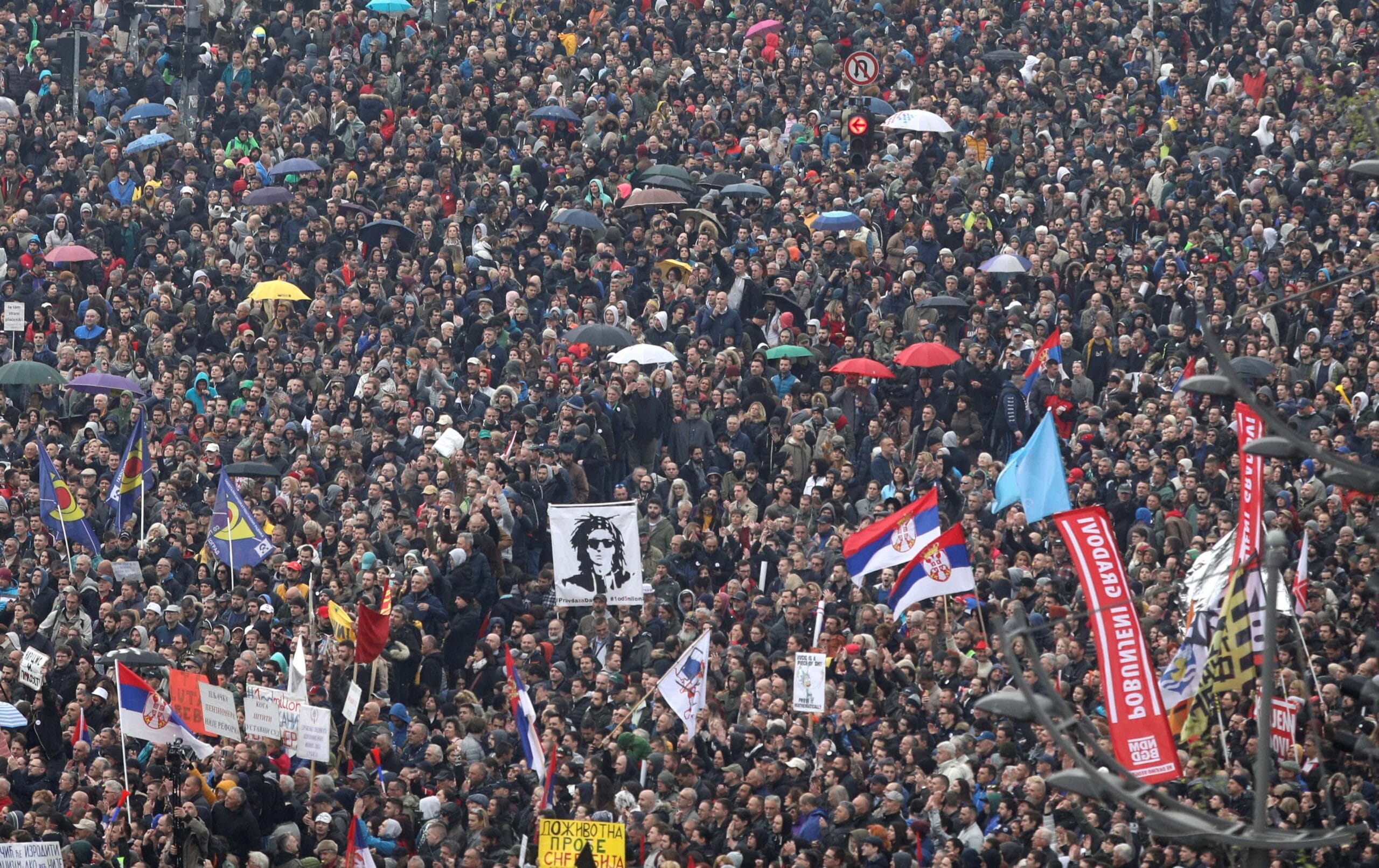The United States has ramped up its military actions against Yemen’s Houthi movement, a group that has been embroiled in a protracted conflict with a Saudi-led coalition since 2015. This escalation comes at a time when tensions in the Middle East are particularly high, especially in relation to Israel and its ongoing challenges. The US government has justified the intensified strikes by citing the need to protect its interests and those of its allies in the region, particularly in light of recent attacks attributed to the Houthis against Saudi Arabia and other Gulf states.
The Houthis, who have received support from Iran, have been involved in a multi-faceted conflict that has drawn in various regional and international actors. The group has launched missile and drone attacks targeting Saudi Arabia and has also threatened maritime security in the Red Sea. The escalation of US military operations is seen as a direct response to these actions, which have raised alarms in Washington and among its allies.
US officials have indicated that the airstrikes are aimed at degrading the Houthis’ military capabilities, thereby reducing their ability to conduct further attacks. This military strategy is part of a broader approach to stabilize the region and ensure the security of critical shipping lanes that are vital for global trade. The US has also expressed concerns about the implications of Houthi actions on the ongoing humanitarian crisis in Yemen, which has been exacerbated by years of conflict and blockades.
In addition to military measures, the United States is engaging in diplomatic efforts to address the underlying issues fueling the conflict. The Biden administration has been in discussions with various stakeholders, including regional powers and international organizations, to explore pathways toward a ceasefire and a negotiated settlement. However, these diplomatic initiatives face significant challenges, particularly given the complexity of the Yemeni conflict and the competing interests of various parties involved.
The situation is further complicated by the recent flare-up of tensions between Israel and its adversaries in the region. As Israel continues to confront threats from groups such as Hamas and Hezbollah, the US is keenly aware of the potential for a broader regional conflict. The Iranian support for the Houthis is viewed as part of a larger strategy to extend influence across the Middle East, which includes backing for militant groups that threaten US allies, particularly Israel and Saudi Arabia.
As the US continues its military operations against the Houthis, there are concerns about the potential for escalation. The Houthis have vowed to retaliate against US interests in the region, which could lead to a cycle of violence that further destabilizes Yemen and the surrounding areas. The humanitarian situation in Yemen remains dire, with millions facing food insecurity and a lack of essential services. The international community has called for increased humanitarian aid, but the ongoing conflict complicates delivery efforts.
The US military’s involvement in Yemen has drawn scrutiny and debate. Critics argue that continued military engagement may not lead to a sustainable resolution and could contribute to further civilian suffering. Proponents, however, contend that decisive action is necessary to counter the threats posed by the Houthis and their allies.
In summary, the United States’ amplification of military strikes against the Houthis marks a significant development in the ongoing conflict in Yemen and the broader geopolitical landscape of the Middle East. As tensions with Israel continue to escalate, the implications of this military strategy will be closely monitored by both regional and international observers. The situation remains fluid, with military and diplomatic efforts ongoing as stakeholders seek to navigate the complexities of the conflict.



